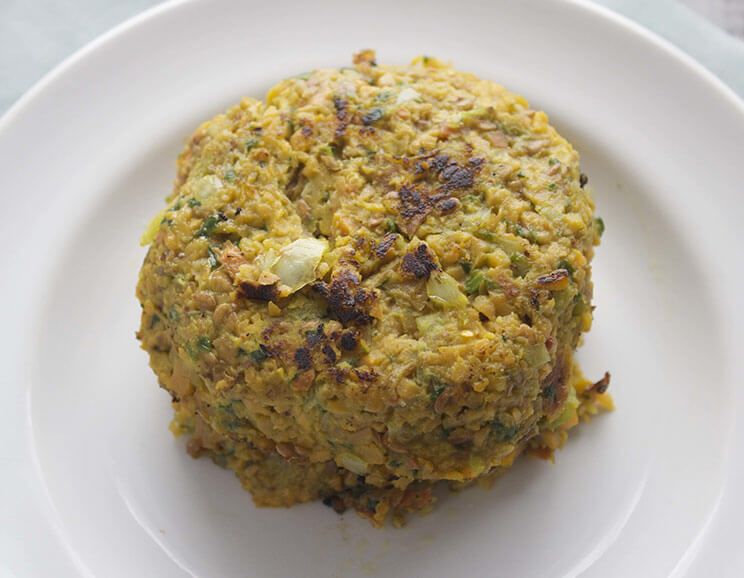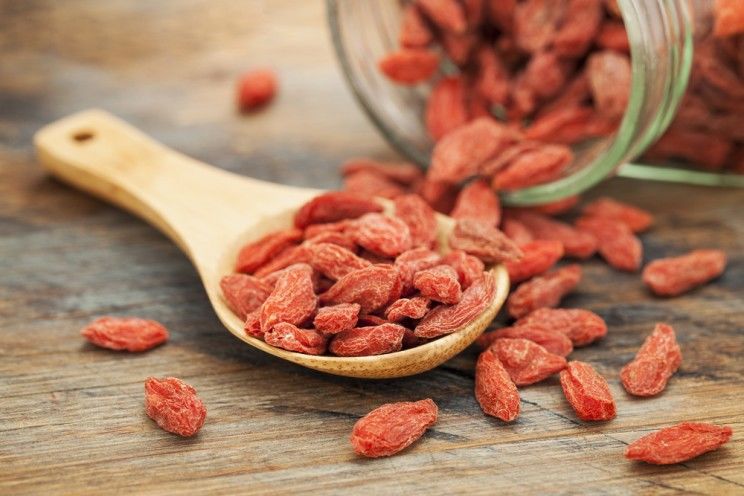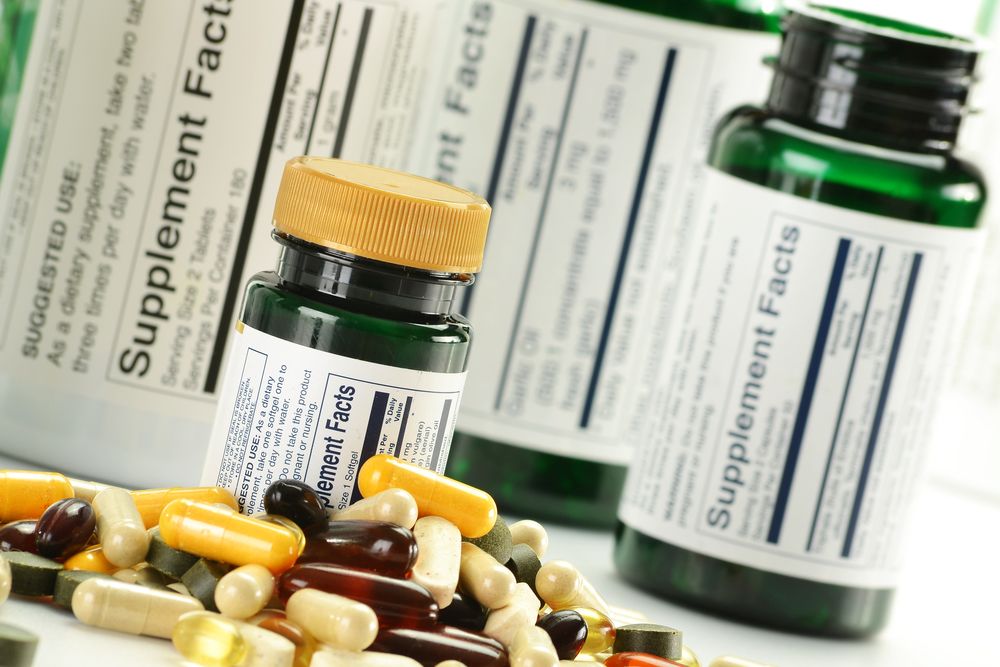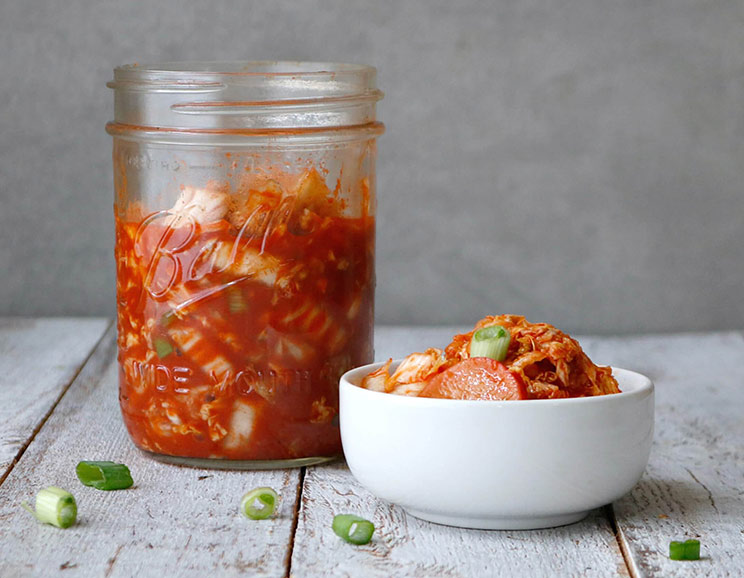Here’s an icebreaker: how’s your digestive system? Straight to the point and awkwardly uncomfortable, poop-talk is typically avoided at all costs. Could it be that keeping this secret is connected to our inability to manage it?
Let’s be honest, a lot of us don’t even know how to take a healthy poop. I can personally admit that after confronting my questionable digestive system that I now am a Zen Poop Master. I’ll be honest, I just made that up, but you get the point! My digestive system rocks, and with this information I’m about to share, yours can too.
I’m going to do my best to hit all the hot topics of digestion in a single article. Many have written entire books on the topic, I’ve created an eCourse some even specialize there careers in it. However, I love to simplify seemingly complicated matters into easy-to-digest material – pun totally intended. My mentor once said, “If you can’t explain something simply, then you simply don’t understand it well enough.”
Do you struggle with bloating, gas, constipation, or other digestive issues? We’ve created a FREE guide to healing your gut naturally.
Click here to get your FREE copy of our Digestion Guide!
How The Digestive System Works
To begin, let’s clear up some clutter around the digestive system. Many people believe the digestive process begins in the stomach. Others believe it even begins in the mouth. However, the digestive process begins in the mind. If the mind is in a state of mental stress, the body will have elevated cortisol and stress-hormones that shut down the digestive process. The digestive process starts in the mind. If you’re feeling stressed, elevated cortisol levels will shut down the digestive process.
This is because the digestive process takes up more of our energy than any other chemical process in the body. When we’re stressed, we go info fight or flight mode. We need all the energy we can get to survive, putting our survival precedent to digesting food. Because the body doesn’t know the difference between imaginary stress and real stress, it reacts to both as if you are in a life or death situation.
For example, you could be stressed out over work, school or a relationship and your body can react the same way as if a lion was attacking you. Depending on how mentally stressed you are will determine the amount of stress hormones flooding through your blood. If you are chronically worried about your bills or relationships, you may easily have shut down your digestive system for quite a while.
Now let’s take a look at the rest of the physiology of the digestive system:
The Mouth
Much of the digestive process takes place in the mouth. For optimal conversion of food to energy, elimination and prevention of bacterial, fungal and parasitical overgrowth, food should be chewed until liquid. Remember to “drink your food” as Paul Chek says. Meaning to chew your food until it is a liquid, smoothie like texture. The reason food is capable of breaking down into liquid as you chew it is not magic. You have digestive enzymes in your saliva that break down carbohydrates. Chewing and swallowing prematurely will leave too big of food particles for the stomach enzymes and acids to break down. This is where they then enter the intestines and feed parasites and bacteria. Also, chewing your food properly will help stimulate the stomach to secrete acid and enzymes, preparing it to better digest once it does hit the stomach. When you honor your body, it really works in your favor!
The Stomach
The next step of digestion is occurring in the stomach. Once food hits the stomach; assuming it’s well chewed, it mixes with enzymes and HCL (hydrochloric acid). HCL is produced by a mixture of bile from the gallbladder and cells in the stomach wall. It is what breaks down proteins into amino acids for absorption in the small intestine. This is crucial because undigested proteins are what lead to more severe illness like cancer. Stomach acid also works to protect us from parasites, fungi and unwanted bacteria. This is why dogs and wild animals can eat almost anything and hardly chew! Their stomach acid is so much stronger than ours, so food can enter it in larger pieces and still be digested. Our ability to digest food in the stomach boils down to how strong our stomach acid is. Only some food, such as alcohol and refined sugars are absorbed directly into the blood stream through the stomach wall.
The Small Intestine
The “SI” is where the bulk of our food is absorbed. It is roughly 25 feet long and each section is lined with micro vili that absorb particular foods. Digestive enzymes, which are released from the pancreas, liver and gallbladder enter the SI to aid the further digestion of carbohydrates, proteins and especially fats. Once digested, it’s sent through the portal vein to the liver for filtering. Then it is delivered to the cells of your body via the bloodstream and finally turned into energy. This energy is used to repair and rebuild your body. What’s left is usually the bulk of our poop! The undigested food and fibers (roughage) is sent to the colon for the final step before it leaves our body.
The Large Intestine (Colon)
This bad boy is nearly six feet long and three inches in diameter of intestinal tubing! The colon is used to produce vitamins and is like plumbing for recycling water in our body. There are trillions of cells of bacteria that flourish in a healthy large intestine, some are healthy and some are not. The ratio of good to bad is ideally 85:15. Many people today have this ratio backwards (15% health and 85% unhealthy)! There are numerous factors that attribute to this problem. One is the use of baby formulas. Originally, our “inner-eco system” is given to us during birth and through breast milk. But because so many unhealthy mother’s are giving birth even those breast-feeding are passing on their unhealthy bacteria.
Not all poops are created equal
We can’t talk digestion and not talk poop.
A lot of us are not even sure what a healthy poop is. The public bathroom seems to showcase this hidden secret. What many of us are don’t understand is that the scent, shape, texture and size says a lot about our current state of health. Briefly, I want to shed some light on what a healthy bowel movement is, this way we have a guideline. Most people don’t know how to identify a healthy poop. The scent, shape, texture and size says a lot about our current state of health!
In ancient times, physicians relied primarily on physical and emotional symptoms to determine health. Along with examining their face, skin, hair, teeth, they would smell and examine your feces and urine! This sounds gross but it was and still is a highly effective way to understand your body.
The good news is that it doesn’t take a $1000 stool sample to tell you if you have a digestive disorder. Foul scents, difficulty passing, undigested food particles, blood, worms and anything foreign found in your stool are red flags for an internal imbalance. Though you are probably unlikely to man-handle your own stool there are some simple self-examinations you can become acquired with that will help you be more attuned to your internal health.
What to look for in a healthy poop
- Well shaped (log-like) and consistent in contour
- Pass easily
- Light brown in color
- Smell is neutral and natural; almost earthy. NOT foul smelling
- Floats, goes down in one flush (assuming your toilet is working properly)
Symptoms of Digestive Distress
Just to name a few:
- Gas
- Bloating
- Headaches
- Burping after meals
- Reflux
- Neck, shoulder, and back pain
- Fatigue after eating
- Abdominal Distension
- Constant Hunger
- Irregularity
- Joint/Muscle Aches
- Skin problems
- Mental Imbalances
In reality, if you have any health symptom you can trace it back to a digestive issue. These are the more common and immediate results of digestive issues before they become too complicated and turn into other disease. Below, I am going to share the most common causes of these symptoms of digestive distress.
The Common Causes
I’ll say this in the very beginning; health is a very simple thing, the solutions you will find here are so far from rocket science. Where dysfunction begins is when we overcomplicate the simple.
Dehydration: Simple water intake can dramatically change your health. In fact, dehydration is at the root of all disease. In time, dehydration alone can downward spiral into digestive disease. We need water for normal physiological function; that means we need water to have normal poops. You must consume proper amounts of water if you want a healthy digestive system. When the body lacks water, we fail to produce sufficient digestive fluids; salvia and HCL (stomach acid) for example.
Toxic Bowel: The main cause of toxic bowel is constipation – often due to a diet rich in processed food. Toxicity from constipation occurs when the intestines become chronically backed up. You become chronically constipated when you stop eliminating properly. Normally, you want to feel a sense of “full evacuation” after using the rest room. That “I feel like I lost 5 pounds” kind of feeling is a good sign that you have fully evacuated. This is how each bowel movement should feel! Having that feeling only once in a great while is a sign that you are clogged up but luckily experiencing a normal bowel movement time to time. Another good rule of thumb is the 12-inch rule. You want to eliminate about 12 inches of feces per day. Either all at once, or 2 to 3 times in a day. Ideally, if you eat 3 times a day you want to eliminate 3 times a day, or all at once (preferably in the morning) the amount of food that went it. Otherwise, you can bet you’re backed up somewhere. This means undigested food is somewhere in the gut, which starts to feed bacteria and parasites.
Processed Food: Today, so much of our food is processed. So highly processed that the receptors in the SI and the antibodies of the immune system do not even recognize them as food, instead, invaders. These “food like substances” are disrupting the digestive system. Eating processed food is like putting bubble soap in a gas tank and hoping for it to work properly. The crazy thing about most digestive trouble is that the problem is right under people’s noses. The food we eat can be poison or medicine. Though this topic is becoming more popular I want to make things clear for you. Processed foods will never be good for you, not even in moderation. There is no way you can be healthy eating processed food. They are loaded with chemicals, which are recognized as toxic invaders. This places a heavy burden on the body leading to constipation, diarrhea and other digestive issues.
Stress: Stress disrupts our digestion by activating what’s called the sympathetic nervous system or what we know as the fight-or-flight response. Once activated, the body shuts down the digestive process to preserve energy and use it for survival. There are many other ways we are over-stimulating our stress response with our modern lifestyle. Starting each day in a rushed state is one of the biggest mistakes. Instead of waking up naturally, rested and giving ourselves a half hour to just be with ourselves, we rush the entire morning. When we wake to an alarm clock, rush to get dressed, showered and eat we have already shut down the digestive system for the day. If we continue this process throughout the day by not taking a time out to rest, eat a good meal in a relaxed state and really enjoy our own company then we further escalate the problem. Essentially, not digesting anything we eat properly. In order to digest food, we need to lower stress and activate the parasympathetic nervous system, also known as the rest and digest mechanism. Only when we are relaxed can we secrete adequate digestive fluids.
Tips For Perfect Digestion
Never eat while in a stressed state – Set the mood before your meal. Really, think old school home-cooked meal at the dinner table with good company, laughs, high-vibes and appreciation. If this seems like a blast from the past for you then all the more necessary is probably is to do. One simple thing you could do to reduce stress and enhance your eating experience is to never eat alone. Enjoy your meals in good company as much as possible, if not always.
Chew your food until it’s liquid – This stuff isn’t rocket science. Chew our food fully, it secrets digestive fluids and is the oldest trick in the book!
HYDRATE – You want about half your body weight in ounces. For example, if you weigh 100 lbs. you want 50 oz. of water a day. For the average person you want about a half of a gallon a day. Adding a pinch of unfiltered, unheated sea salt to water will help hydrate you by adding missing minerals in most water. This will also aid your digestive system in producing stomach acid. Adding lemon or liquid minerals will also help increase the bioavailability of the water. Raw vegetable juice such as celery, cucumber and lemon are also great ways to hydrate. These liquids absorb better in the better than most water because of the structure of their cells. Vegetable broths, bone stocks and fermented liquids are also other great liquids to hydrate with.
Practice Food Combining – For brevity of this article, I suggest doing a separate search on food combining. The main point is to reduce the digestive load of your meals. The simpler a meal, the easier it will be to digest. Instead of meat and potatoes covered in gravy, think fresh veggies and a side of protein.
Try Fermented Foods – For more on fermented foods benefits check out an earlier post I wrote here. These foods are digestive healing miracles!
Follow the 80/20 Rule – When eating, leave 20% of your stomach empty for room to digest. If we eat too much we’re using a lot of energy – think post Christmas dinner fatigue. By eating until were 80% full we preserve energy to digest our food. Also, eating a diet that is 80% vegetables and 20% protein is a great way to keep the digestive system high functioning.
As you now know, proper digestion plays a central role in our physical and emotional well-being. We are not what we eat, but “we are what we digest.” Becoming educated in proper digestion and then making choices that strengthen our digestive ability, we form the groundwork for good shape and liveliness.
(Read This Next: Top 5 Ways to Improve Digestion Naturally)



 Sweet Potato Veggie Burgers
Sweet Potato Veggie Burgers









Show Comments